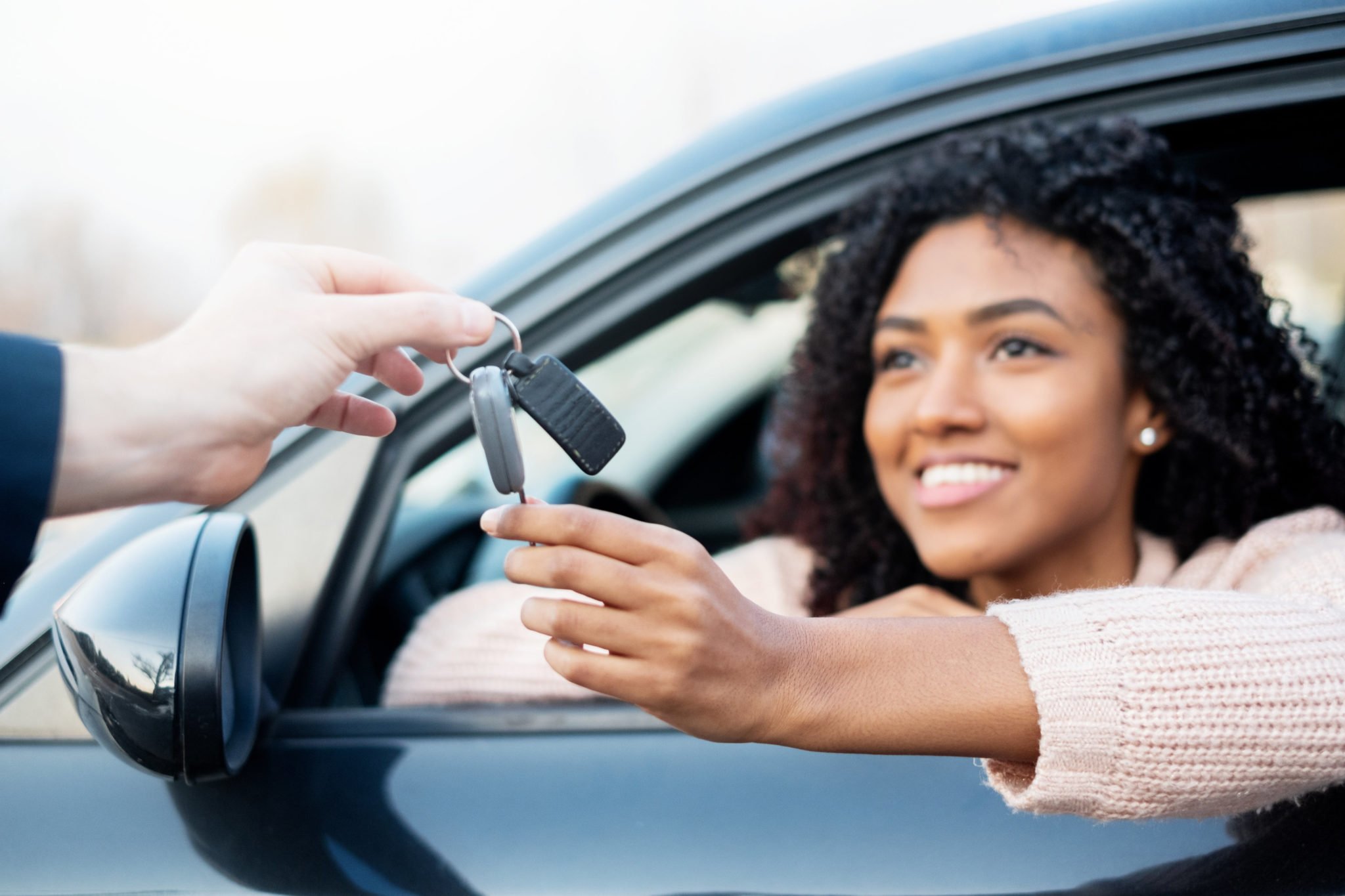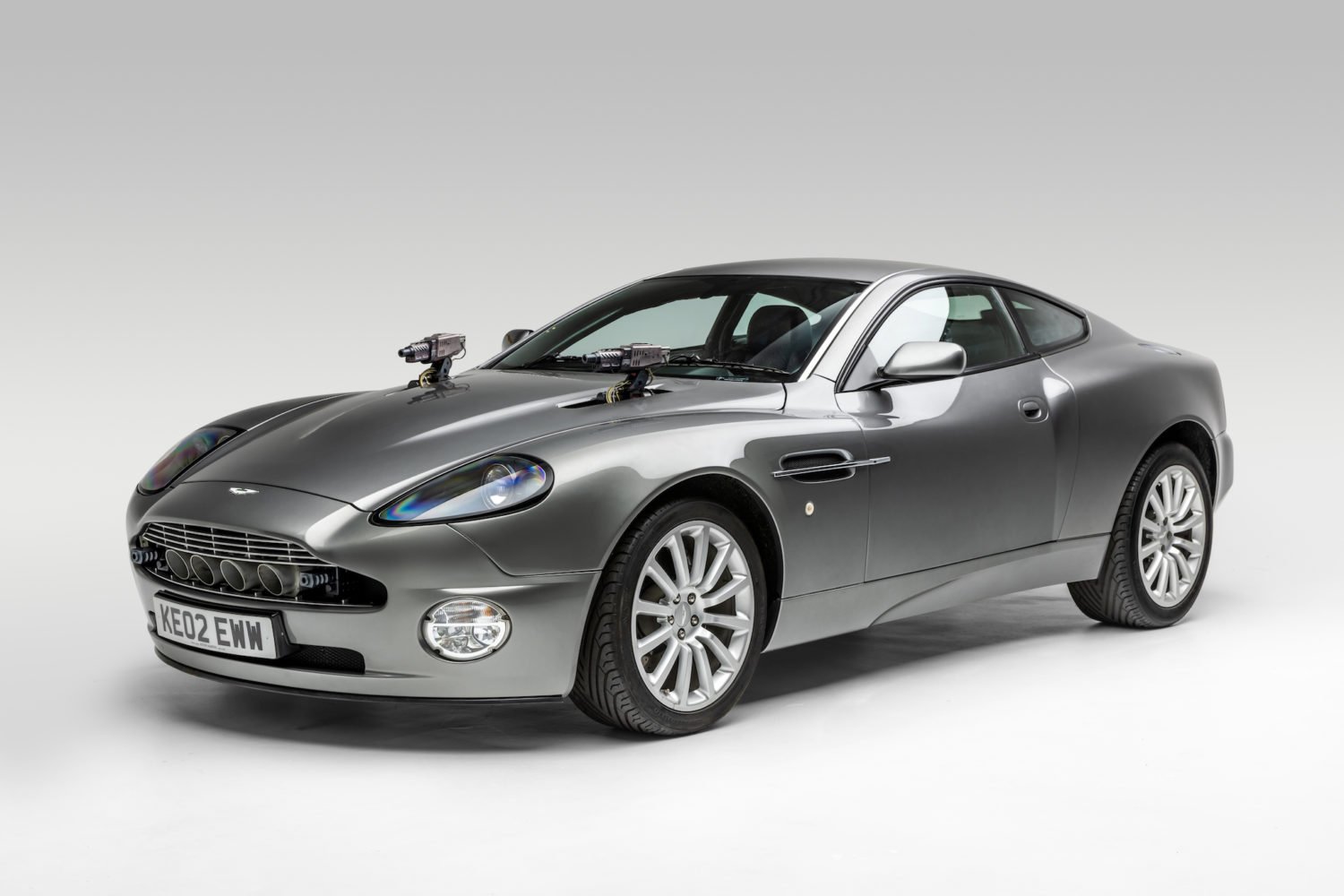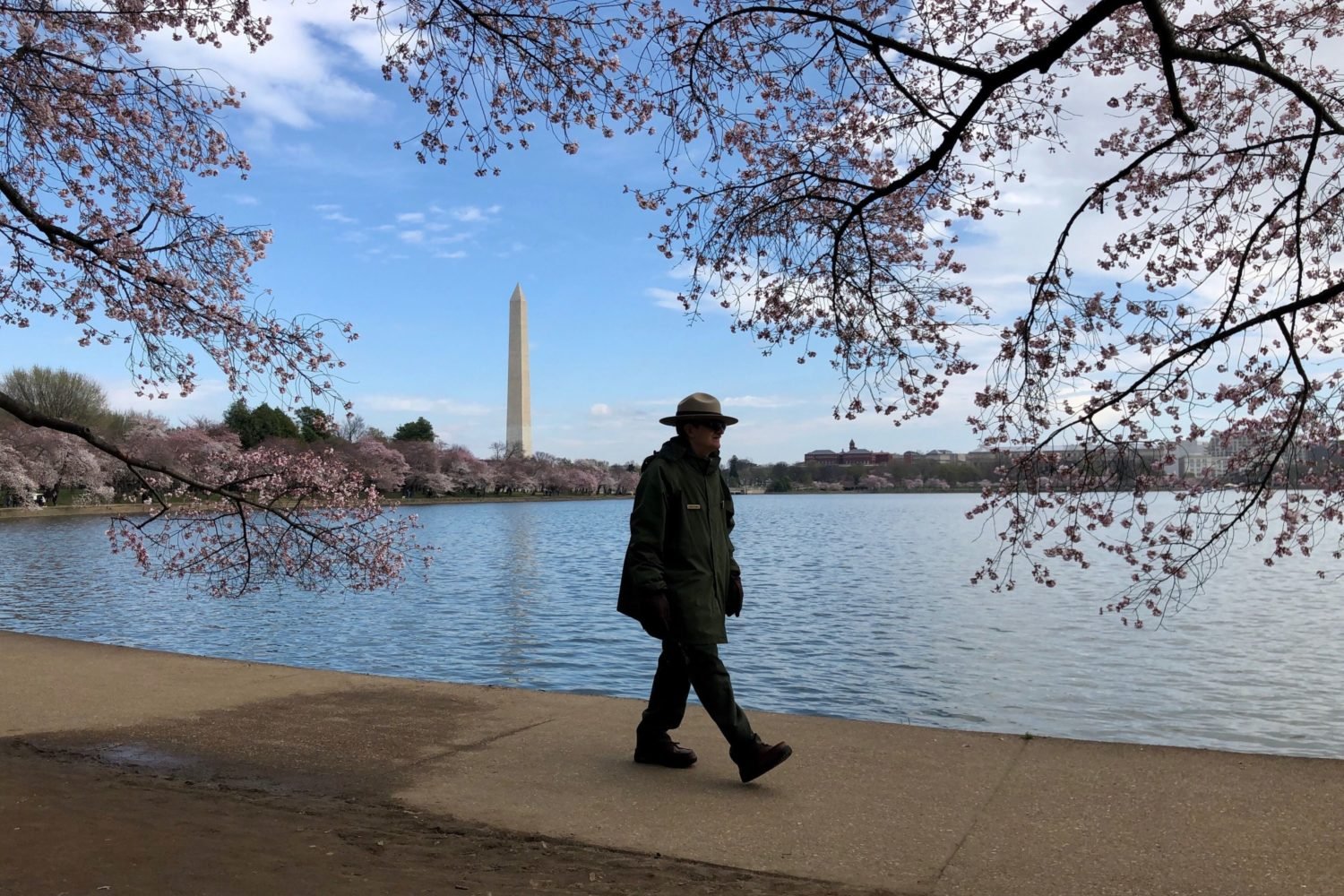About Coronavirus 2020
Washingtonian is keeping you up to date on the coronavirus around DC.
At a time when most Washingtonians are working from home and getting many purchases delivered, when vehicles can sit idle for days, having a car can seem unnecessary. Yet, according to a recent survey by Capgemini Research Institute, almost half of 11,000 global respondents said they plan to drive their cars more in the future, and will rely less on public transportation and ride-sharing services such as Uber and Lyft.
Three-quarters of respondents gave an unsurprising reason for why they wanted their own car: “greater control of hygiene.”
What about all those millennials who don’t own cars? That may change. About one-third of those surveyed said they plan to buy a car this year—and 45 percent of those potential buyers are under age 35. That’s a big percentage when you consider that 79 percent of those ages 25 to 35 currently do not own cars.
A city built around public transit, DC has shifted its planning strategy sharply against cars in recent years—raising parking costs, reducing requirements for buildings to have their own parking, and instituting measures designed to slow traffic, even as leaders have embraced policies to champion bikes, scooters, and other non-automotive forms of transportation. (Earlier this year, before the virus, there was even a proposal to make Metro free for residents.)
In DC, that strategy has not been unanimously popular, but it has largely been embraced by the younger newcomers who have helped the population swell in recent years. But if that same population were to embrace a more car-centric idea of how to live, that could change the equation for city developers and planners—and could also affect the flow of new residents that has been so crucial to the city’s economy.
One thing that might stop younger buyers, the survey found, is financing—which means that how the economy does going forward could impact their decision to get a car. Another hesitation? People are reluctant to go to showrooms right now, and would prefer to shop online. Dealerships know that, which is why some are offering to bring cars to wherever buyers are, for test drives.





















